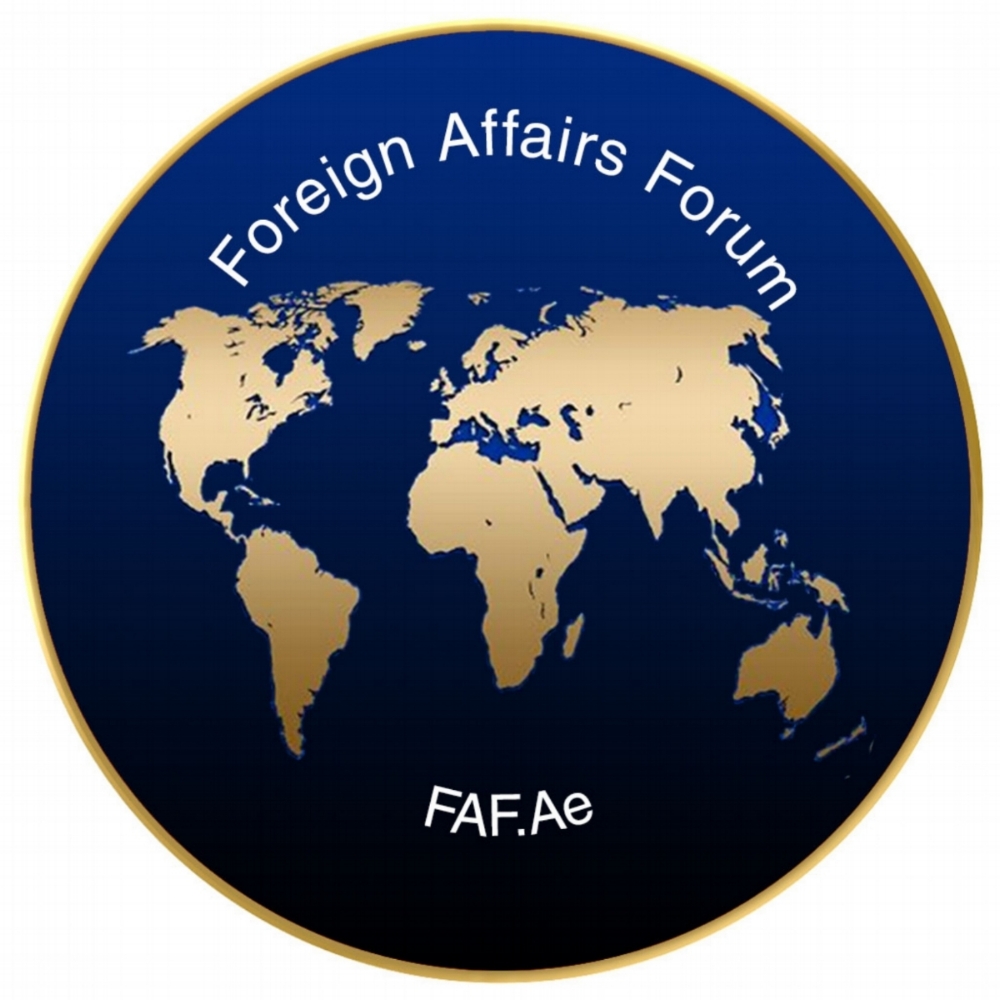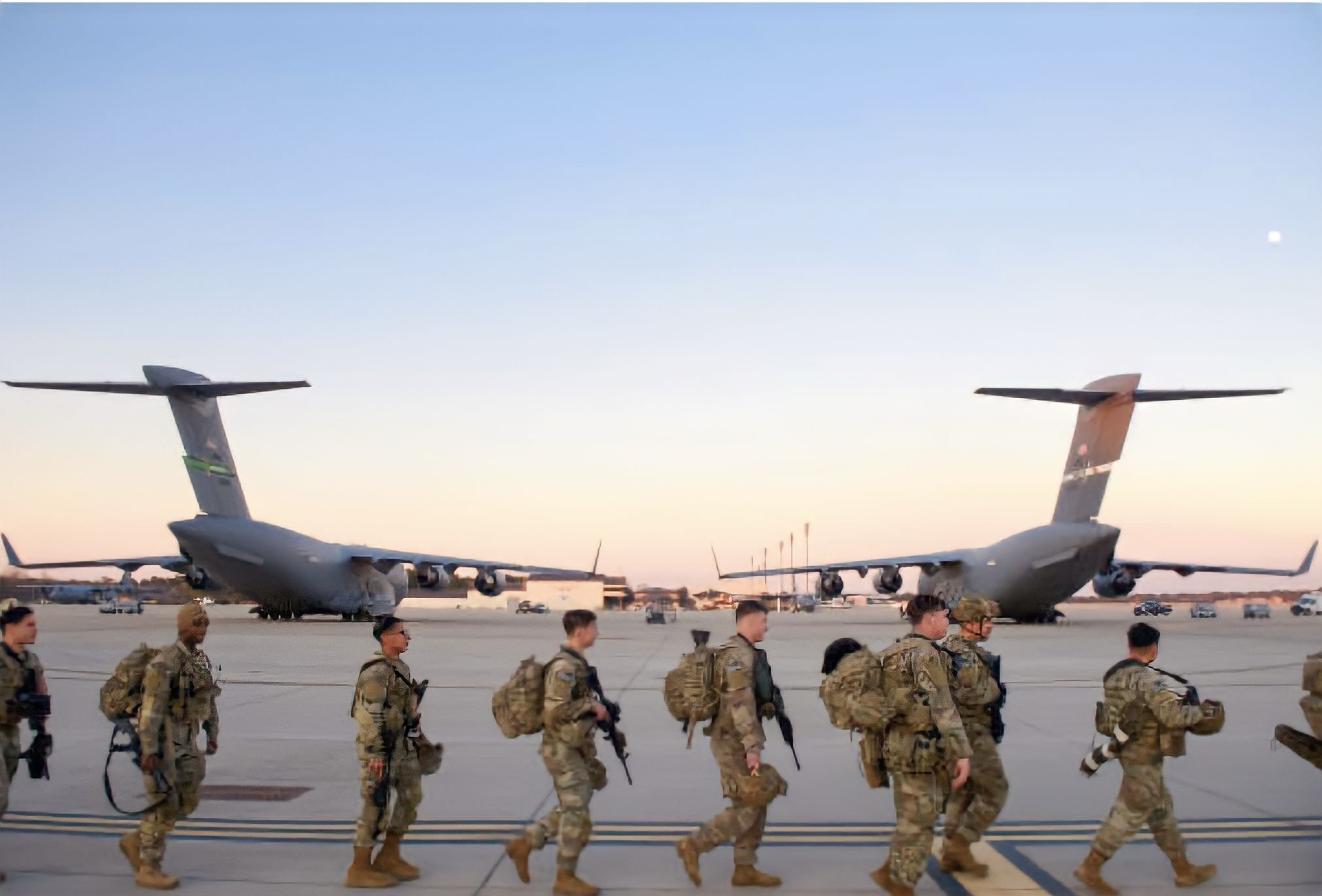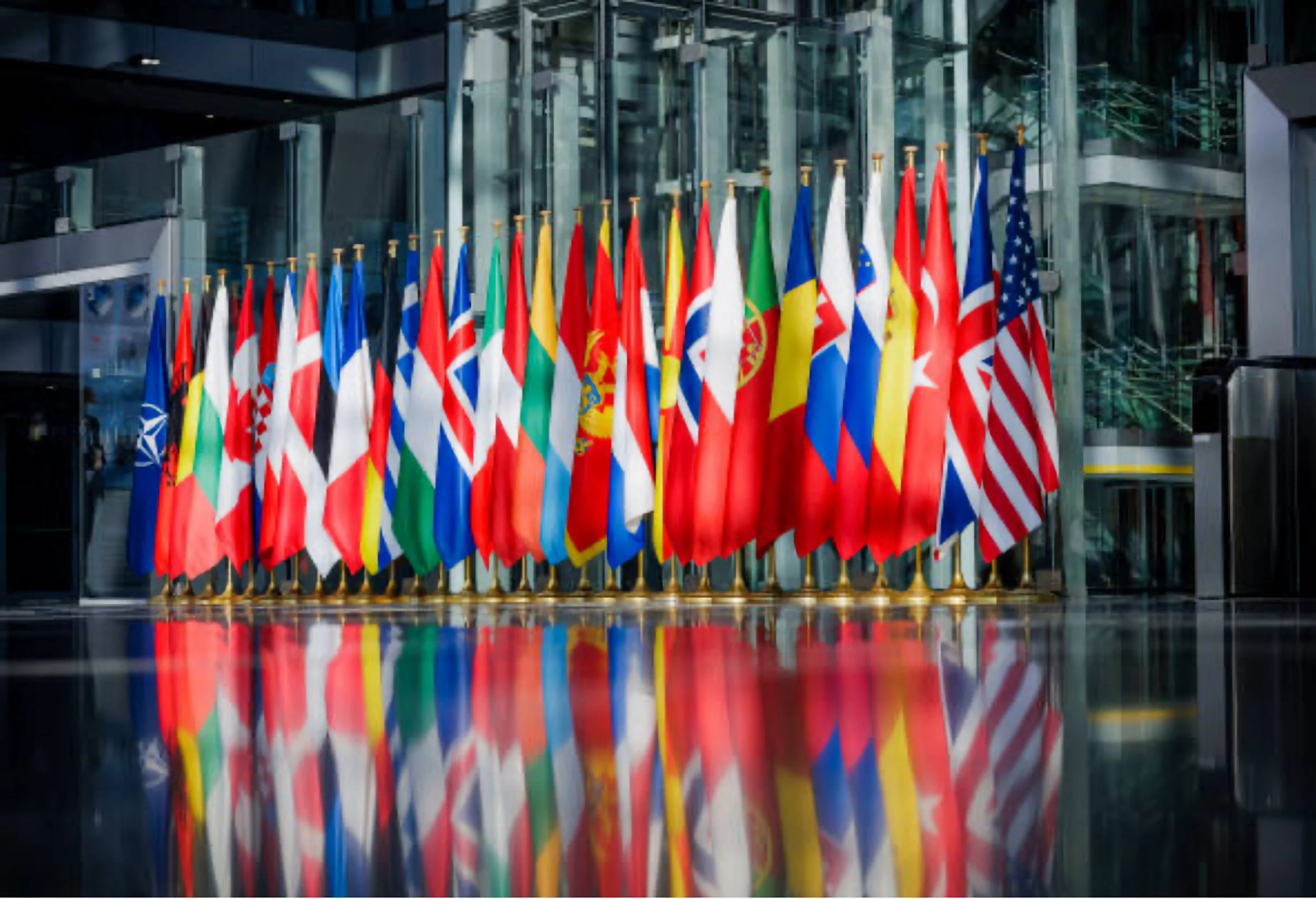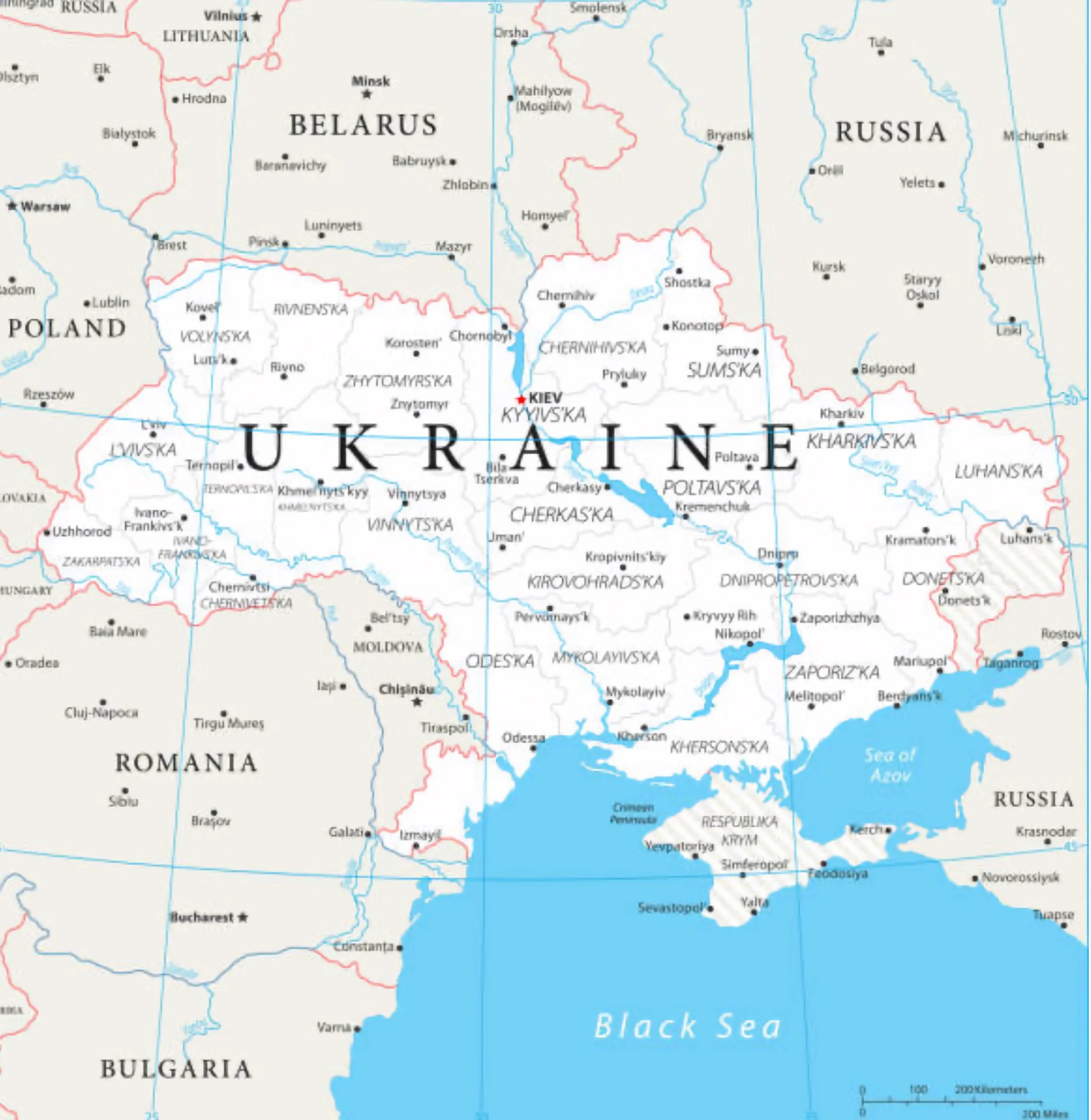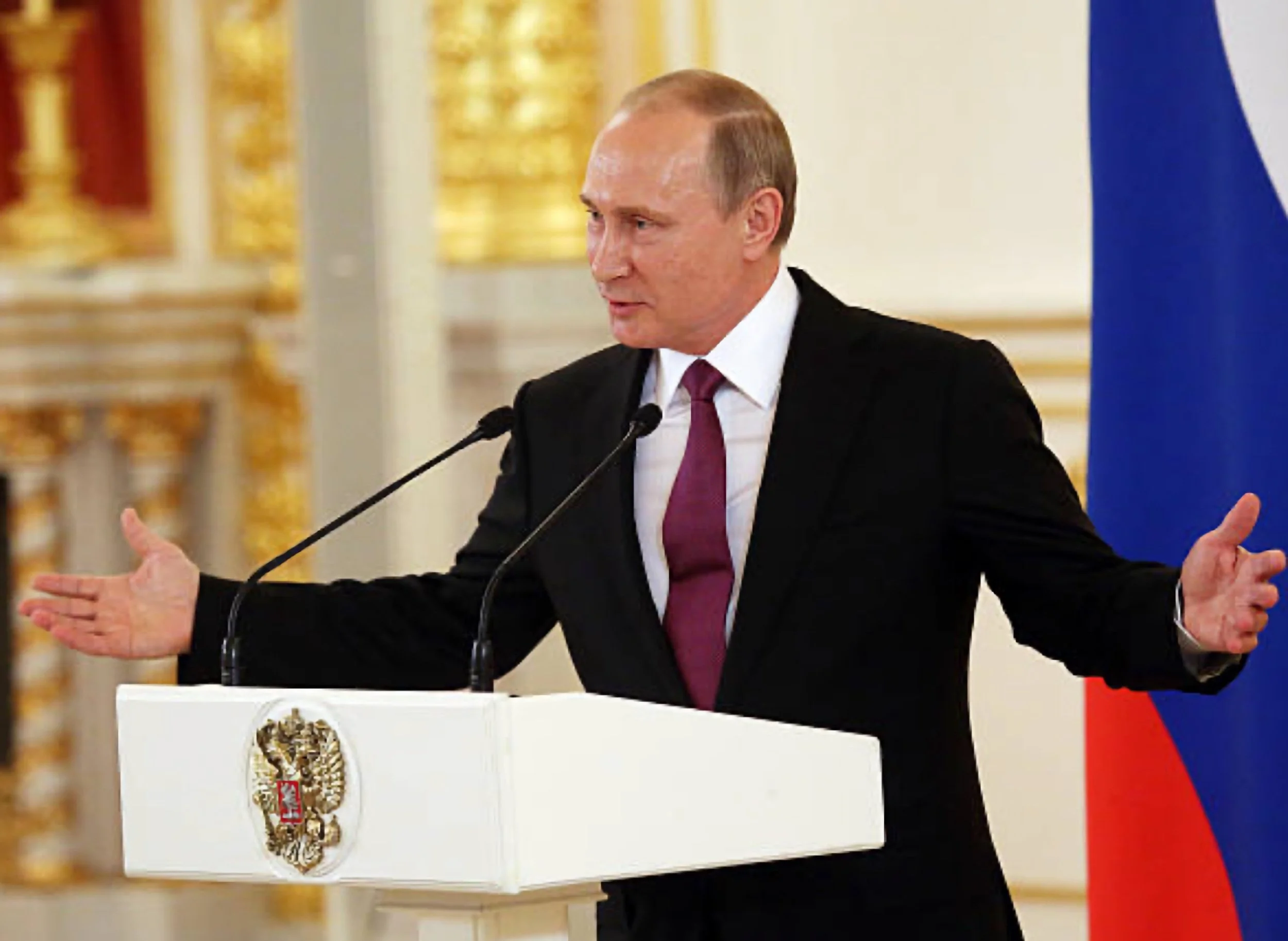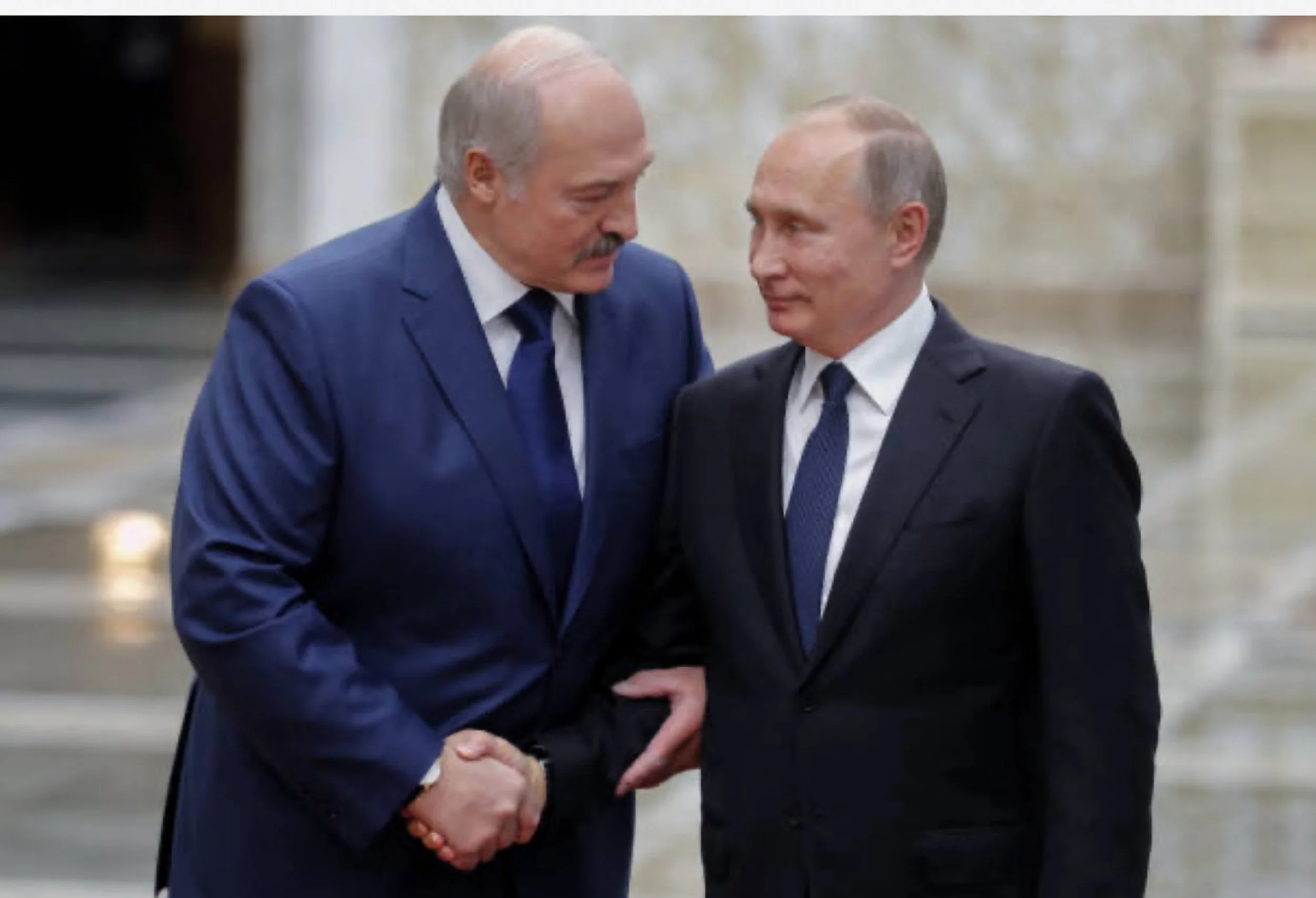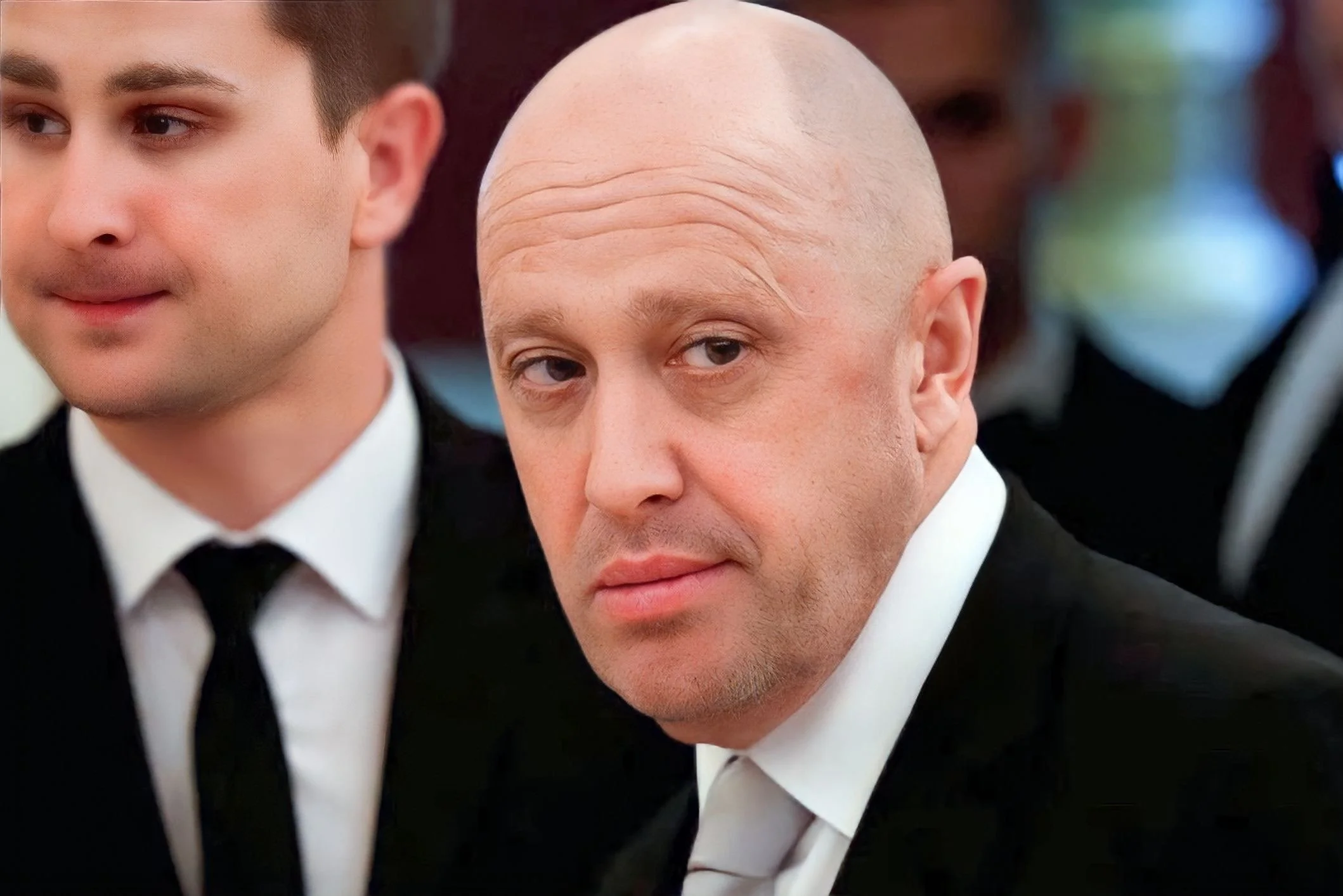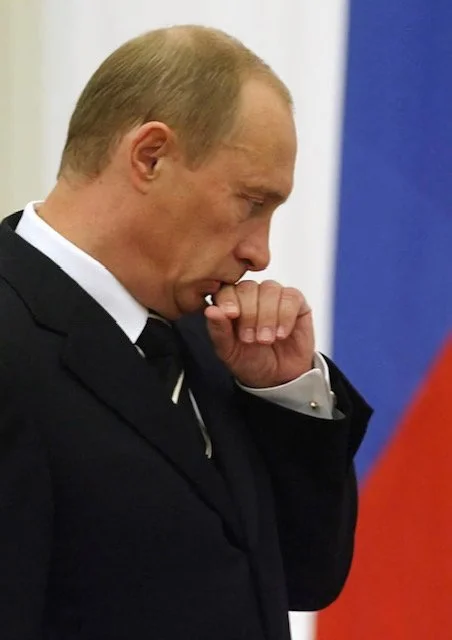Is Poland under risk - Russia; Belarus or Wagner Group ?
Polish flag
Introduction
Polish Defence
The relationship between Poland and Russia has long been complex and strained, marked by a turbulent history, geopolitical competition, and conflicting interests. These two neighboring nations, with their divergent political ideologies and differing visions of regional influence, have frequently found themselves at odds with each other. From centuries of territorial disputes and armed conflicts to the political transformations in the 20th century that shaped their current dynamics, the Poland-Russia relationship is multifaceted and continues to evolve in the present day. This article aims to explore the historical context, key milestones, and contemporary dynamics that shape the intricate relationship between Poland and Russia, shedding light on the challenges, opportunities, and geopolitical implications that define their interactions.
At a July 23, 2023 meeting held in St. Petersburg, Russian President Vladimir Putin and Belarusian leader Alexander Lukashenko addressed the growing concerns surrounding the activities of the Wagner Group fighters who found refuge in Belarus. Lukashenko expressed apprehension about the mounting pressure exerted by these mercenaries and advocated for a shift towards the west. Quoting the fighters' intentions, Lukashenko shared their suggestion of embarking on an excursion to Warsaw and Rzeszow. This discussion indicates the rising tensions and geopolitical implications surrounding the presence of Wagner Group fighters in Belarusian exile.
History
Poland -Belarus
In recent years, the relationship between Poland and Russia has been marked by tensions and challenges. Historical events and political differences have significantly influenced the dynamic between the two countries. It is important to note that Poland and Russia have a complex history, characterized by conflicts, territorial disputes, and contrasting political ideologies. These factors contribute to the current state of their relations.
One of the key issues that have strained the bilateral relationship is the historical memory and unresolved trauma. Poland has been critical of Russia's interpretation and handling of historical events, particularly during World War II (1939 – 1945). The controversial Soviet occupation during the war and the subsequent imposition of communism in Poland have left deep scars in the Polish collective memory. Poland seeks acknowledgement and understanding from Russia, including the recognition of the Katyn massacre in April – May 1940 and bringing to justice for crimes committed during this period.
During a meeting with members of the Russian Security Council on July 21, 2023, Vladimir Putin discussed some historical matters. One of the topics he touched upon was the influence of Joseph Stalin and its repercussions on Poland. Putin mentioned that due to Stalin's strategic decisions, Poland was able to acquire substantial territories in the West, including former German lands. He even referred to these territories as "Stalin's gift."
On July 22, the Deputy Minister of Foreign Affairs of Poland, Pavel Yablonsky, announced that the Russian Ambassador had been summoned to the ministry at 10 a.m. on Saturday. The purpose of the meeting was to voice Poland's concerns over Putin's statements, which were deemed as provocative and constituting threats against Poland, as well as other unfriendly actions taken by Moscow towards Warsaw and its allies.
The meeting between the Polish deputy minister and the Russian ambassador didn't last very long, indicating the urgency and seriousness with which Poland viewed the situation. The Deputy Minister of Foreign Affairs outlined Poland's grievances, making it clear that such statements and actions were completely unacceptable.
Poland joins NATO
Another complicating factor has been the geopolitical shift in Eastern Europe. Poland, as a member of the European Union (EU) (since 1 May 2004) and NATO (since 12 March 1999), has increasingly aligned itself with Western Europe and adopted a pro-Western stance. This has created a divide between Russia and Poland, as Russia sees NATO expansion and EU integration in Eastern Europe as a threat to its own security and influence.
Poland support to Ukraine
Furthermore, Poland has been supportive of Ukraine in its conflict with Russia. The ongoing crisis in Ukraine has fueled tensions between Poland and Russia, with Poland condemning Russia's actions and supporting Ukraine's sovereignty and territorial integrity. Poland has also been a strong advocate for economic sanctions against Russia as a response to its actions in Ukraine, further straining the bilateral relationship.
Energy politics have also played a role in shaping the relations between the two countries. Poland has been actively diversifying its energy sources to reduce its dependence on Russian energy, aiming to enhance its energy security. This has affected Russia's position as a major supplier of energy to Poland, which has created economic consequences. Additionally, Poland has been involved in the Baltic states' efforts to decrease energy reliance on Russia, contributing to the regional context of limited cooperation.
Russia
Facts
Putin
At a July 23, 2023 meeting held in St. Petersburg, Russian President Vladimir Putin and Belarusian leader Alexander Lukashenko engaged in discussions regarding the recent activities of the Wagner Group fighters residing in Belarusian exile. Lukashenko expressed concerns over the increased pressure exerted by these mercenaries, urging a westward movement. In reference to their intentions, he quoted the fighters as suggesting, "Let's go on an excursion to Warsaw and Rzeszow."
Polish Border
Wagner Group camp
The revelation of the Wagner Group's proposal to venture towards Warsaw and Rzeszow, both located in Poland, alarmed the Belarusian leader. Lukashenko perceived this proposition as a potential indication of an expanding agenda or the mercenaries' inclination to initiate actions outside Belarusian borders. This development highlighted the need for immediate attention and strategic planning to address the situation effectively.
The dialogue between Putin and Lukashenko during the meeting likely included a comprehensive assessment of the current state of affairs. They undoubtedly deliberated on the implications of such a move by the mercenaries and the risks it posed to regional stability. Additionally, they would have explored potential countermeasures and collaborated on devising a plan to prevent any unwarranted incursions or disturbances in neighboring countries.
Wagner Group in Belarus
The Wagner Group, a private military company with close ties to the Russian government, has often operated in various conflict zones worldwide. Its presence in Belarus, particularly in the aftermath of the controversial 2020 presidential elections, has raised questions about its purpose and potential influence in the region. This recent revelation further fueled speculations surrounding the connection between the Wagner Group and the Belarusian government, adding complexity to an already volatile geopolitical situation.
The head of the Wagner Group, Yevgeny Prigozhin, has not yet made any comments on the invasion of Poland. The silence of Yevgeny Prigozhin, in regards to the invasion of Poland has left many pondering his stance and intentions. As one of the most influential figures in the world of private military contracting, Prigozhin's reluctance to speak up raises numerous questions and speculation.
The interaction between Putin and Lukashenko also presented an opportunity to assess the nature of the bilateral relationship between Russia and Belarus, with the former often being accused of exerting undue influence over the latter. The meeting may have provided a platform for both leaders to address concerns, reaffirm their commitments, and underscore the importance of maintaining stability in the region.
As news of Lukashenko's statement spreads, it is crucial for neighboring countries, particularly Poland, to remain vigilant and assess their respective security measures. The proposition of the Wagner Group venturing westwards must not be taken lightly, and proactive steps should be taken to monitor and neutralize any potential threats.
Poland's neighboring countries, Lithuania and Latvia, may be smaller in size, but Poland stands as a formidable adversary in terms of border protection. With its strong military capabilities, Poland is well-equipped to address any potential threats that may jeopardize the safety and security of its citizens.
The close proximity of Poland to Belarus and Ukraine only underscores the significance of these border security challenges. Being at the crossroads of Eastern Europe, Poland understands the importance of safeguarding its borders against any potential infiltration or aggression. Therefore, it is of utmost importance for Poland to remain vigilant and prepared in the face of emerging dangers.
Poland's strategic location acts as a crucial deterrent against any hostile activities, providing a strong message to actors who may seek to undermine regional stability. Its strong defense capabilities and commitment to national security make it a country that must not be underestimated.
As Poland grapples with the potential threat from Wagner mercenaries, it emphasizes the country's role as a key player in the region's security landscape.
Last week, the Polish Defense Ministry took a significant step by announcing the relocation of two brigades from the western part of the country to the eastern border with Belarus. This strategic decision was prompted by the plans of the Belarusian army to conduct maneuvers involving the Wagner on the other side of the border, in close proximity to the city of Brest.
In a further display of support, on Monday, the US Ambassador to Poland, Mark Brzezinski, made an exciting announcement. He revealed that Polish-American aviation exercises, featuring the utilization of Apache helicopters, will be taking place near Warsaw next month. This joint exercise between the Polish and American armed forces serves as a testament to the strong alliance and cooperation between the two countries in the field of defense.
Conclusion
Putin & Alexander
Consequences of the meeting between Putin and Lukashenko extend beyond the immediate scope of the Wagner Group's actions. It underscores the complex dynamics between Russia, Belarus, and neighboring nations while highlighting the need for open lines of communication, cooperation, and mutual understanding. Efforts to maintain regional security and stability should remain at the forefront of policymakers' agendas to avert any unwelcome consequences.
The constant state of warfare that Wagner's group operates in suggests that they are likely to engage in a new conflict sooner or later, with Poland emerging as one potential option. Whether this is a genuine invasion plan or a strategic move to deter Polish support for Ukraine remains uncertain. Nonetheless, the Polish government has swiftly responded to the potential security threat by deploying additional forces to its border and establishing a Leopard repair facility within its territory. These actions demonstrate Poland's commitment to safeguarding its national security and protecting its borders against any potential aggression.
Yevgeny Prigozhin
Wagner Group
